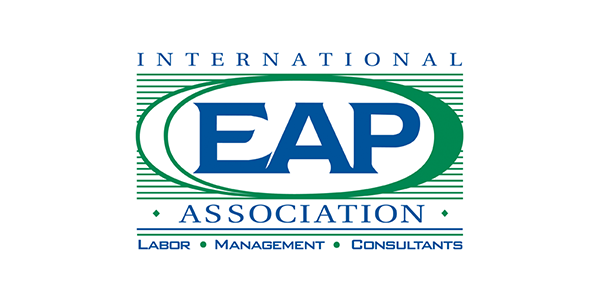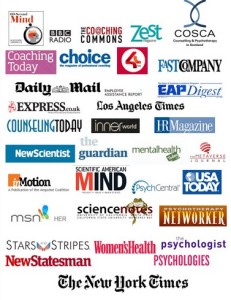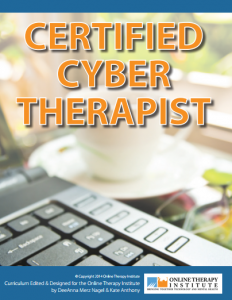EAPs require a separate ethical framework from other mental health related professional frameworks because of their unique involvement with the workplace at multiple levels. As described in the Employee Assistance Professionals Association’s (EAPA) Standards and Professional Guidelines, “Employee Assistance Programs (EAPs) serve organizations and their employees in multiple ways, ranging from consultation at the strategic level about issues with organization-wide implications to individual assistance to employees and family members experiencing personal difficulties. As workplace programs, the structure and operation of each EAP varies with the structure, functioning, and needs of the organization(s) it serves.
In general, an EAP is a set of professional services specifically designed
- to improve and/or maintain the productivity and healthy functioning of the workplace and to address a work organization’s particular business needs
- through the application of specialized knowledge and expertise about human behavior and mental health.
More specifically, an EAP is a workplace program designed to assist: (1) work organizations in addressing productivity issues, and (2) “employee clients” in identifying and resolving personal concerns, including health, marital, family, financial, alcohol, drug, legal, emotional, stress, or other personal issues that may affect job performance.”
… read the complete story ~ http://issuu.com/onlinetherapyinstitute/docs/tiltimagiss6?mode=window&pageNumber=26
This article first appeared in the January 2012 issue of TILT Magazine ~ Therapeutic Innovations in Light of Technology.
London, M., Nagel, D. M., Anthony, K. (2011). An ethical framework for the use of technology in EAPs. Therapeutic Innovations in Light of Technology, l(6), 26-33.
EAPA website: https://www.eapassn.org/TechinEAPs
Marina London, LCSW, CEAP, Manager of Web Services for the Employee Assistance Professionals Association (EAPA), served as principal writer for this framework. The framework was reviewed and edited by EAPA’s Technology and Social Media Panel. DeeAnna Merz Nagel and Kate Anthony are co-founders of the Online Therapy Institute and Managing Editors of TILT Magazine – Therapeutic Innovations in Light of Technology.



